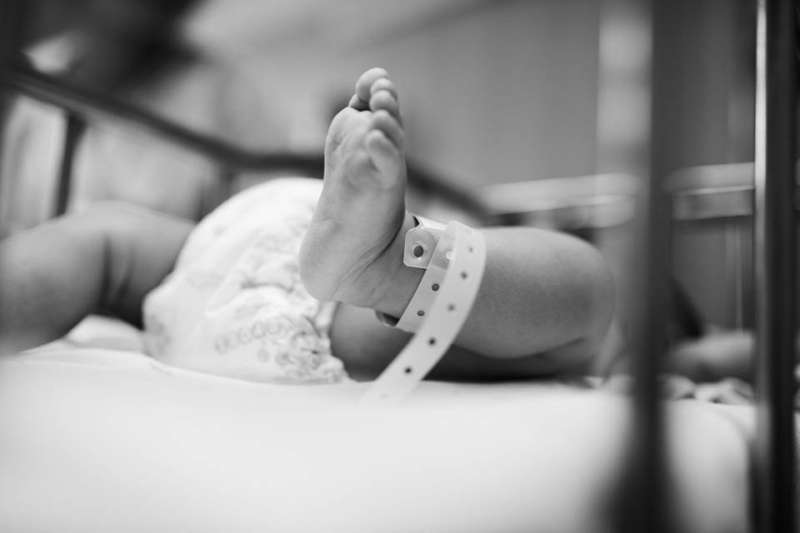New study on maternal health, a baby girl’s early years and her adult bone strength also has implications for fracture risk later in life. Credit: Pixabay
Physical exercise is known to make bones stronger but according to a new study, maternal health and its impact on the pace of a girl's development can also shape her adult bone strength—with implications for fracture risk later in life.
University of Victoria biological anthropologist Alison Macintosh led the study, published this month, while a post-doctoral research fellow in the Department of Archaeology at Cambridge University. Her research interests include prehistoric behavior and the evolutionary origins of human variation and diversity.
Macintosh explains the findings are unique because no other known research has previously assessed bone health using this evolutionary approach—known as life history theory—to relate adult women's bone strength to the ways in which their bodies prioritized energy much earlier in life. "Essentially, we have a 'why' explanation now."
She joined UVic in July, drawn by the anthropology department's "integrative theme in evolution and ecology, which is a great fit for the broad evolutionary questions that my work tries to answer. In this study we ask, how does good maternal health and nutrition shape a daughter's developmental trajectory, as well as how much energy she invests in building a large strong skeleton?"
Until now, emphasis for bone health has always been on physical activity. The study shows that such activity is very important; however, the relationship between a pregnant mother, the very early patterns of growth and nutrition in her infant daughter, and the subsequent bone health of that daughter once she reaches adulthood also plays a vital role. And it highlights maternal health as an avenue through which public health interventions might be able to affect women's bone health.
The study, "Maternal investment, maturational rate of the offspring and mechanical competence of the adult female skeleton," co-authored with UK researchers Jonathan Wells and Jay Stock, is available online and was published this month in the peer-reviewed journal Evolution, Medicine, and Public Health.
More information: Alison A Macintosh et al. Maternal investment, maturational rate of the offspring and mechanical competence of the adult female skeleton, Evolution, Medicine, and Public Health (2018). DOI: 10.1093/emph/eoy015
Provided by University of Victoria





















